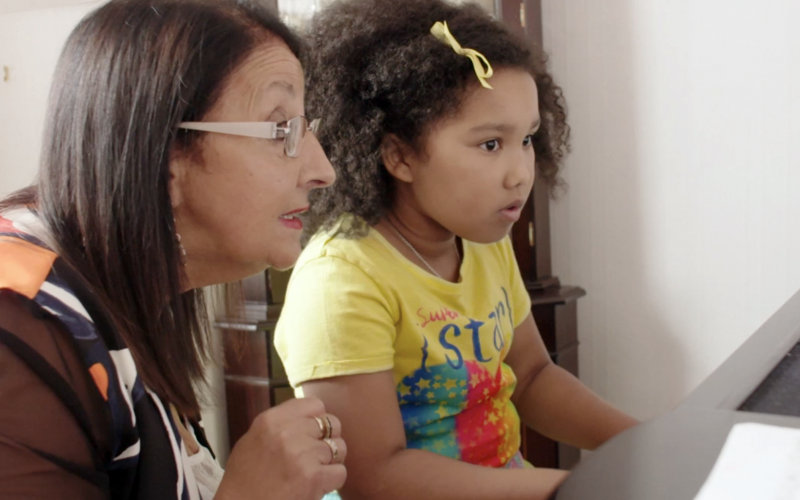SXSW 2018 — Making the Grade
As a professionally trained musician, there are a handful of conversations I will never forget having with non-musician friends and family members. Foremost among those is the time in undergrad when I had to explain that as a composition major I did, in fact, know how my music should sound before I heard others perform it. Another time was during the application process for undergrad when I informed family members I not only had to pass a prescreening application, but there was a live audition after that which would determine admission.
All that is to say, there are many things musicians take for granted as part of our lives that others are completely unaware of. At the same time, it is easy for musicians to forget that such occurrences are unique to the field of performing arts.
Making the Grade, a new documentary from director Ken Wardrop, in many ways seems to function as a bridge between the worlds of musicians and those who don’t play an instrument at a professional level. Focusing specifically on piano students in Ireland as they prepare for their year-end exams to pass into the next grade of piano playing, the film reveals the rigors of training for such an exam, enabling those who have never undergone one to see some of the preparation that goes into it.
I think it would be fair to say the film’s target audience is non-musicians. However, for musicians, it not only serves as a nostalgic reminder of our formative years of study but also as a way of sharing the joys and struggles of those years with others who never experienced them.
We observe the excitement of a girl just starting grade two as she learns how to use the sustain pedal for the first time. A boy beginning grade three relates how his teacher told him this year will be much harder, so he’ll have to adopt a “kamikaze practice.” (If you’ve never heard a music teacher make a shocking or colorful analogy, you probably never studied music for a substantial period of time.) A particularly advanced student tells how he “started off with a crappy plastic keyboard,” and then quickly had to switch to a real piano, as his mother states that the piano they just purchased will make, “a very nice piece of furniture,” – a memory I’m sure many talented pianists have.
We also see the joy of teachers in sharing their knowledge and experience, all in vastly different ways – something I imagine most teachers will easily relate to regardless of the subject they teach. One of the first encounters we witness is a piano teacher giving a very young boy his first piano lesson, and he breaks down the seemingly complex instrument by explaining there are only seven white keys, which repeat themselves over the keyboard. A teacher who has an older woman as a student describes how she makes sure her student never feels embarrassed and always enjoys her lessons. A nun recounts her own lessons as a student and how much fun she has teaching brothers and watching them enjoy playing duets together. A particularly moving scene involves a teacher reminiscing about a poem one of her students wrote describing how much she enjoys piano lessons. The simplicity and heartfelt nature of the poem are apparent as we hear the student read it via voiceover.
The entire film comprises moments like that, and it is an effective way of creating a brief glimpse into a day in the life of both piano teachers and their students.
The film methodically makes its way through each grade, beginning with grade one and ending with grade eight. An interlude between grades four and five reminds us of students who take piano lessons for fun or their own improvement and do not bother with the exams since they are not trying for a specific grade level. That interlude is well placed both as a refreshing reminder that music lessons can be for any reason and as a structural shift from the focus on each grade.
Throughout the film, we witness varying ages and talent levels all driven by a love for music and piano playing. An opening quote attributed to Beethoven summarizes the driving attitude behind all these musicians: “To play a wrong note is insignificant; to play without passion is inexcusable.” Making the Grade conveys that passion through the interviews with the diverse group of musicians and the various approaches they employ in their study of piano.
I only took piano lessons for three years before switching solely to the organ, but the interviews depicted here will provoke the sort of memories of discovery and joy that all teachers, musicians, and others, hope to kindle in their students, and as one teacher says, that matters so much more than any grade they get on their year-end exam.


One Reply to “SXSW 2018 — Making the Grade”